Meet Julia Duan and Srjana Srivatsa | Co-founders and Executive Directors of The Future of Code
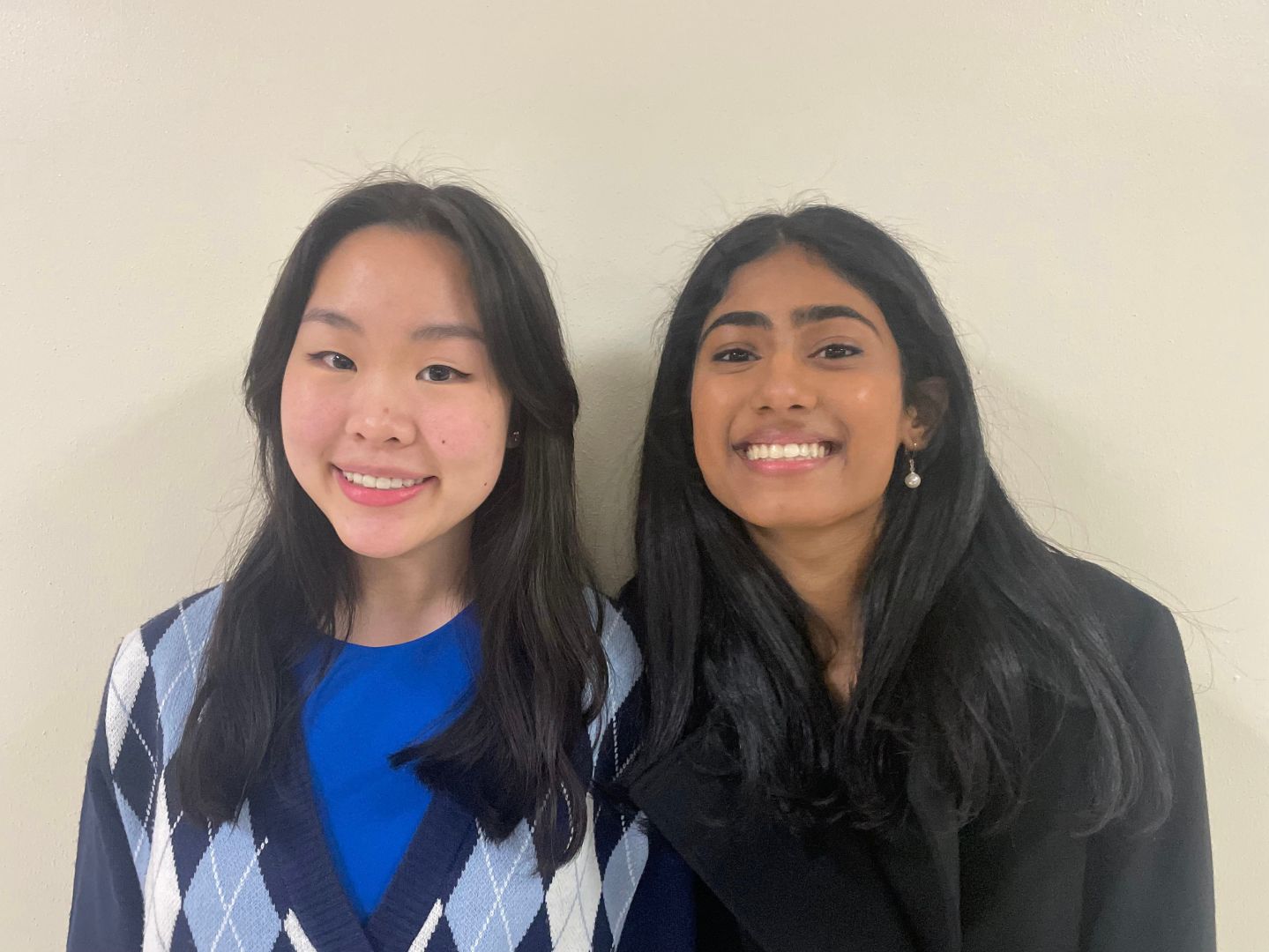

We had the good fortune of connecting with Julia Duan and Srjana Srivatsa N/A and we’ve shared our conversation below.
Hi Julia Duan and Srjana Srivatsa, what was your thought process behind starting your own business?
Starting our own non-profit organization proved to be a daunting goal for Srjana and Julia, our co-founders. However, our deep passion for filling the lack of coding opportunities and resources for the youth motivated us to navigate through this uncharted territory. Our introduction to the world of computer science (CS) began during our first year of high school when we took a computer science course. Thrilled by our new-found ability to utilize problem-solving skills and bring ideas to life, we were eager to further involve myself with coding. After participating in a few hackathons (coding competitions), however, we quickly realized that our lack of experience prohibited ourselves and other beginner coders from fully learning the complicated concepts and having a shot at performing well. Most of the participants were high school or college students with plenty of previous outside-of-school experience. This led us to research beginner-friendly coding events, but we were greatly disappointed by the lack of opportunities. Unless we chose to attend an expensive coding academy that held beginner hackathons for their students, we were out of luck.
Srjana approached me (Julia) with her idea for hosting our very own hackathon. I had also felt left-behind at the hackathons I had attended, and was immediately onboard and excited at the thought of what we could create. Together, we researched and strategized how we could bring our very own hackathon to life.
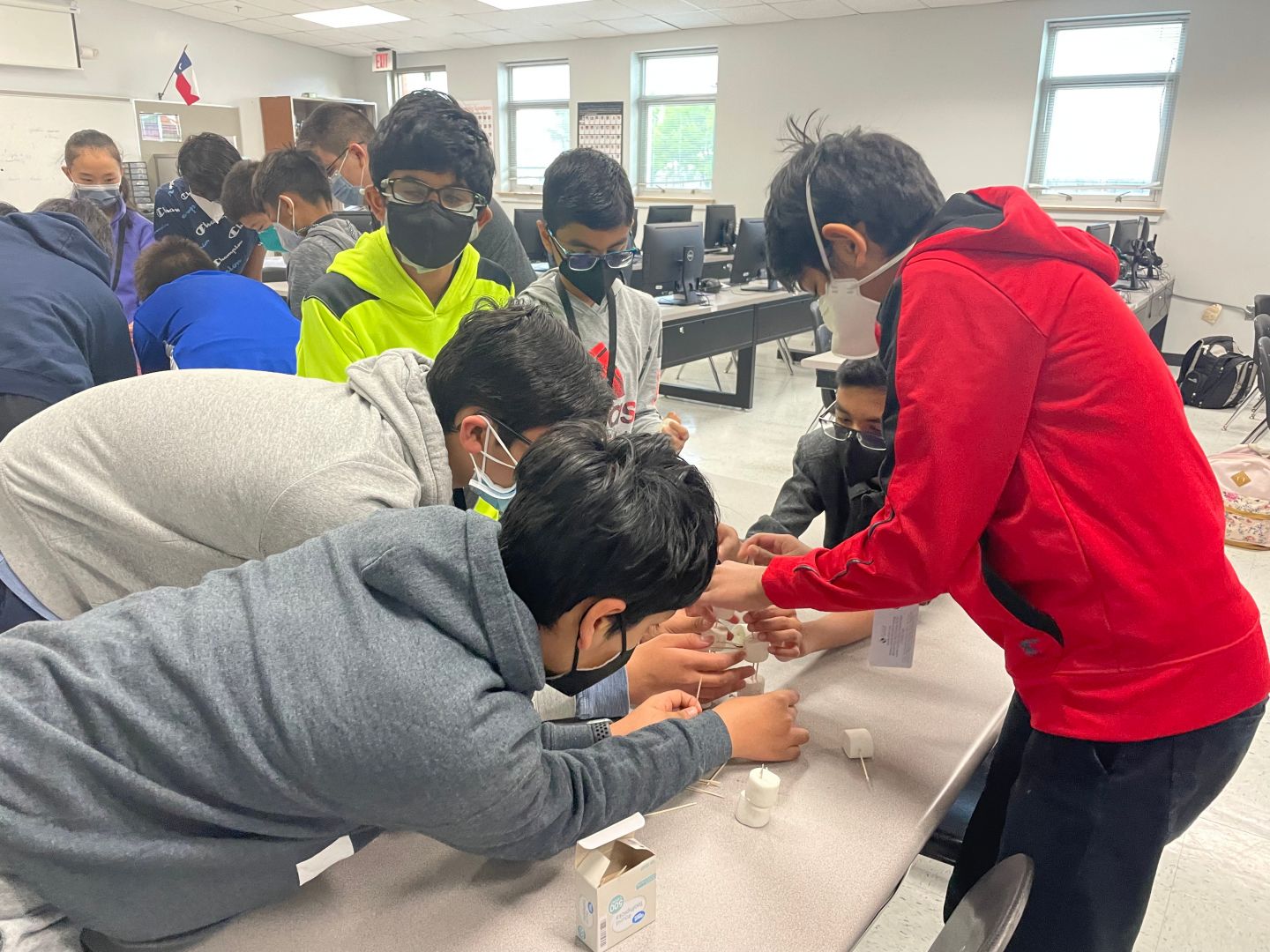
Alright, so for those in our community who might not be familiar with your business, can you tell us more?
When we created The Future of Code, we pooled together the values we wanted to set in our organization. Rather than creating opportunities for high schoolers that fell behind, we decided to tackle the problem from its core, and focus on giving middle schoolers and the younger generations the opportunity to get involved in coding from an early age. We also wanted our events as inclusive as possible and made our hackathons free. When we expanded our organization further, we chose to have a small fee that could easily be waived, for example, $25 for six hour and a half lessons, that then goes back into our event prizes and donation funds. Hackathons are generally in-person events that emphasize interaction, communication, and engagement. However, The Future of Code was established in the midst of the 2020 pandemic. It was going to be a challenge to figure out how to safely host a hackathon while maintaining the same degree of fun and excitement. We eventually decided to host the hackathon completely online, and spent a great deal of time brainstorming how to best restructure the event. Our utilization of communication platforms such as discord and including fun events like game-nights helped create the close-knit community we were aiming for! Some of our favorite hackathon moments include listening to our students cracking jokes and building friendships while playing skribbl.io. Looking back now, we also realize that this was a blessing in disguise since it enabled more students to participate, as our only requirement was a computer and internet-connection.
Getting students to sign up for our opportunities proved to be a struggle, despite them being completely free. We had not yet built up the credibility we have now and our circle of reach was not very extensive. However, seeing the excited faces of all 40 students, the first day of the hackathon, made us realize an important lesson. We thought back to when we first considered creating our own hackathon, and realized how far along we had come. As time went on, we were thrilled to see the numbers grow and be able to eventually reach 300+ students.
We want the world to know that The Future of Code strives to create an impact beyond computer science. We prioritize inclusivity for all, aim to tackle real-world issues, and support causes we believe in. We’ve been happy to support traditionally underrepresented groups in computer science such as women, and those that do not have previous CS experience. Additionally, our hackathon challenges are framed around relevant problems such as combating COVID-19, climate change, and food insecurity. As students develop their meaningful code projects to address these questions, they get to critically think about the world around them, and ponder what they can do to help. We have also pooled approximately $1500-$2000 that will soon be donated to social justice causes prevailing in our community.
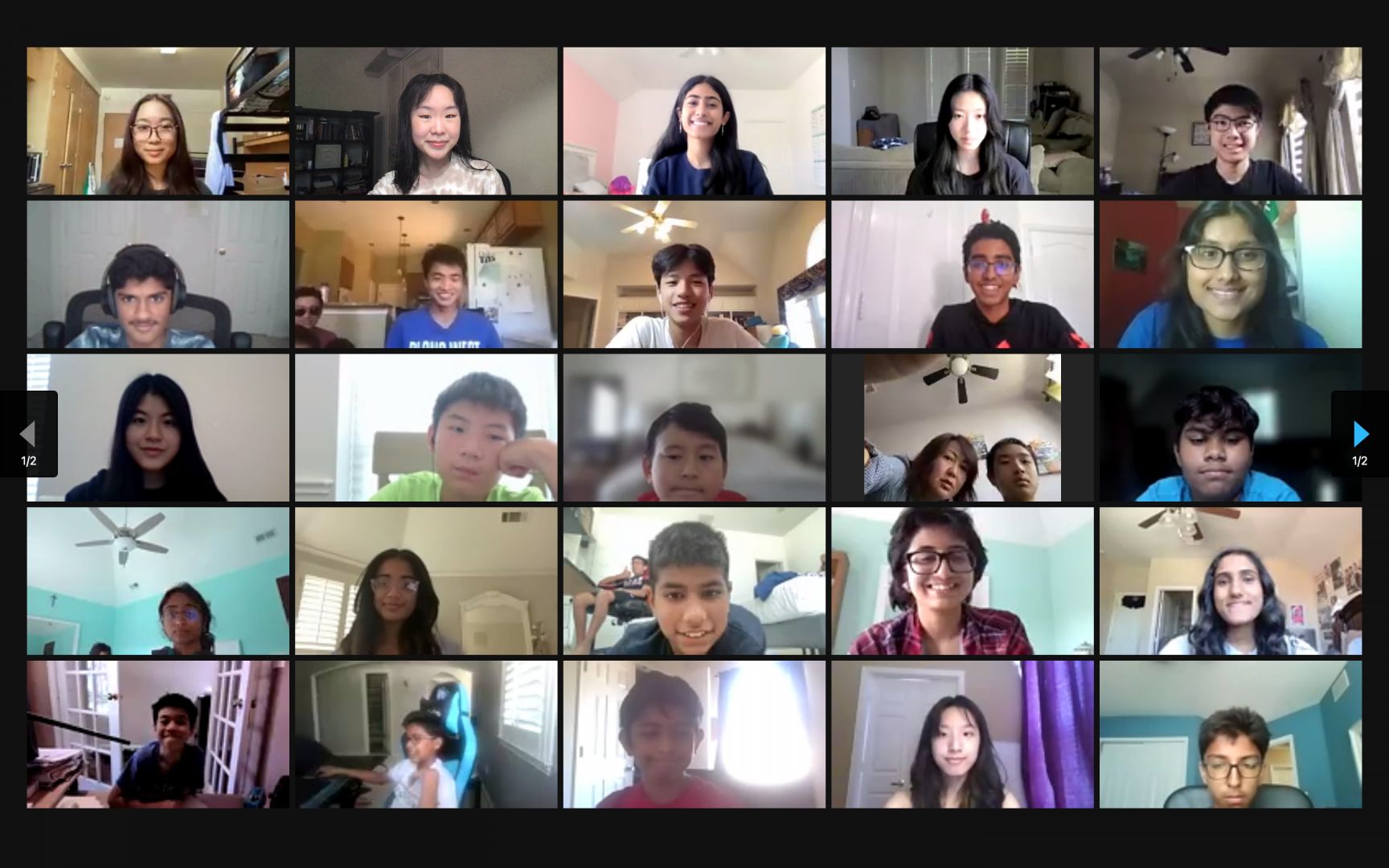
Let’s say your best friend was visiting the area and you wanted to show them the best time ever. Where would you take them? Give us a little itinerary – say it was a week long trip, where would you eat, drink, visit, hang out, etc.
We are so lucky to be best friends that also happen to be cofounders! We love traversing the city on our free weekends– here’s a look at a week in the metroplex: We’d start off by heading to Downtown Dallas to explore Ruibal’s Plants- although it’s a bit of a non-traditional tourist spot, there’s nothing better than taking in the gorgeous views of the Dallas skyline while admiring the beautiful plants Ruibal’s has to offer. Right by Ruibal’s is the Dallas Farmers Market, which is home to many stalls of locally grown produce. We’d spend the rest of the afternoon grabbing a bite of the foods the market has to offer. Another amazing spot right nearby is the Immersive Van Gogh Experience, an art installation boasting full-wall dreamy projections of the artist’s works. We also love spending time at Klyde Warren Park, located in the midst of Downtown Dallas, and the array of food trucks lining up the roads. Our favorites? The Italian Ice cart and the Mediterranean food truck (which has the most amazing falafel wraps!). As a fun bonus, we’d play a game of ping pong at the games area of the park. The Dallas Museum of Art is located right by the park, and it’s a must see for any visitor, filled with vintage works of art and artifacts.
To wrap up the week, we’d stop by the Dallas Arboretum, taking in manicured gardens and flowery dreamscapes. Some honorable mentions: the Fort Worth Rodeo, the Legacy West mall in Plano, traditional Korean shaved ice at Sul & Beans Dessert Cafe, and the Perot Museum. Cheers to exploring this lovely metroplex!
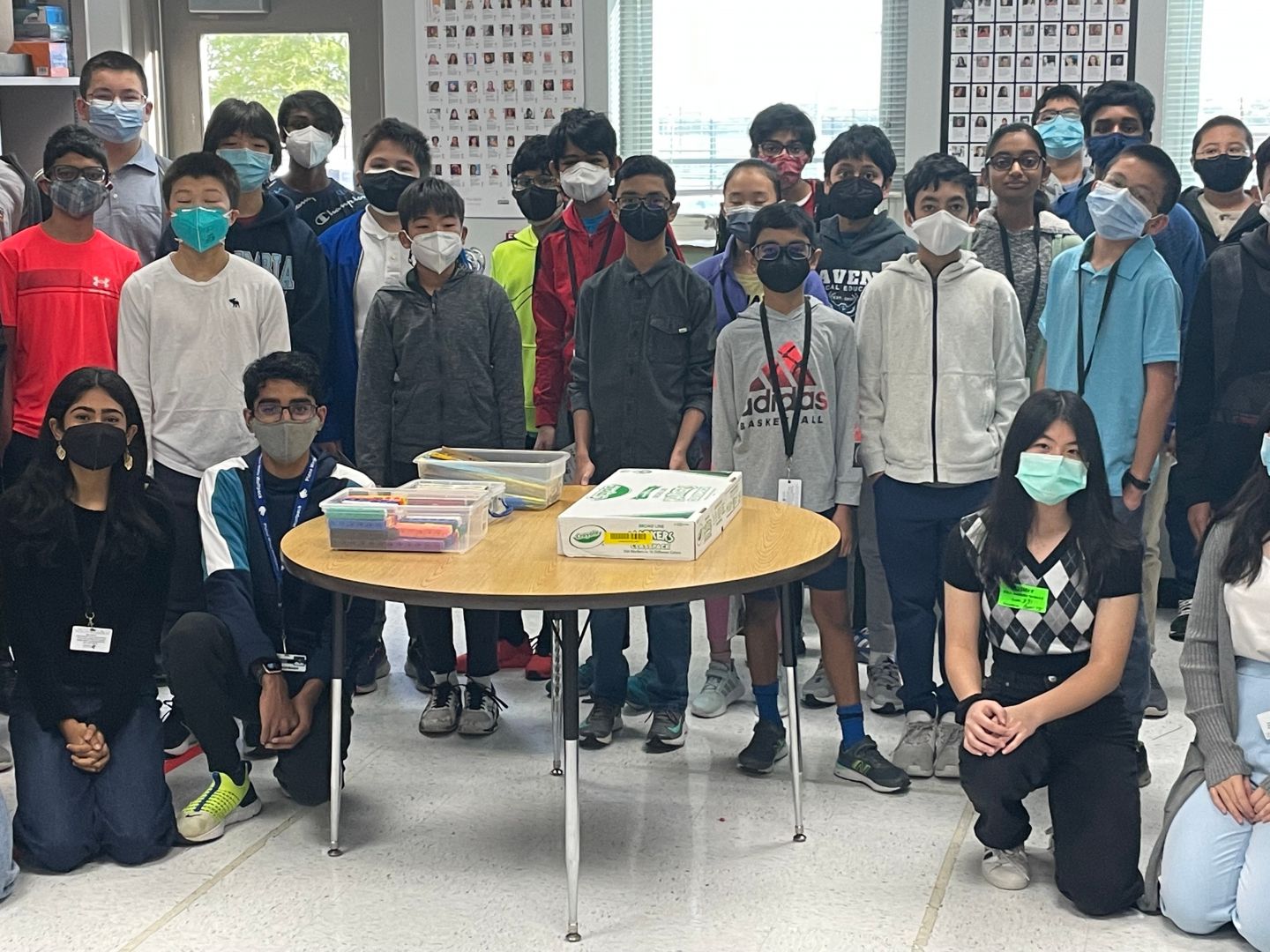
The Shoutout series is all about recognizing that our success and where we are in life is at least somewhat thanks to the efforts, support, mentorship, love and encouragement of others. So is there someone that you want to dedicate your shoutout to?
We are grateful for Girls in STEM (GIS), a locally based organization that aims to promote Science, Technology, Engineering, and Math (STEM) opportunities for women, an underrepresented group in these fields. With a pay gap of 74% in these fields, GIS aims to bridge the gap and encourage girls in our communities to participate where they have previously felt discouraged. Julia and Srjana as cofounders have both been officers in their school’s Girls in STEM clubs, and attribute a large part of their interest in STEM, particularly Computer Science, to guest speaker panels and workshops by GIS. Our motivation to start the Future of Code was only made possible by the confidence we gained from GIS. We are so happy to shout out GIS- their commitment to empowering young female voices is unparalleled.
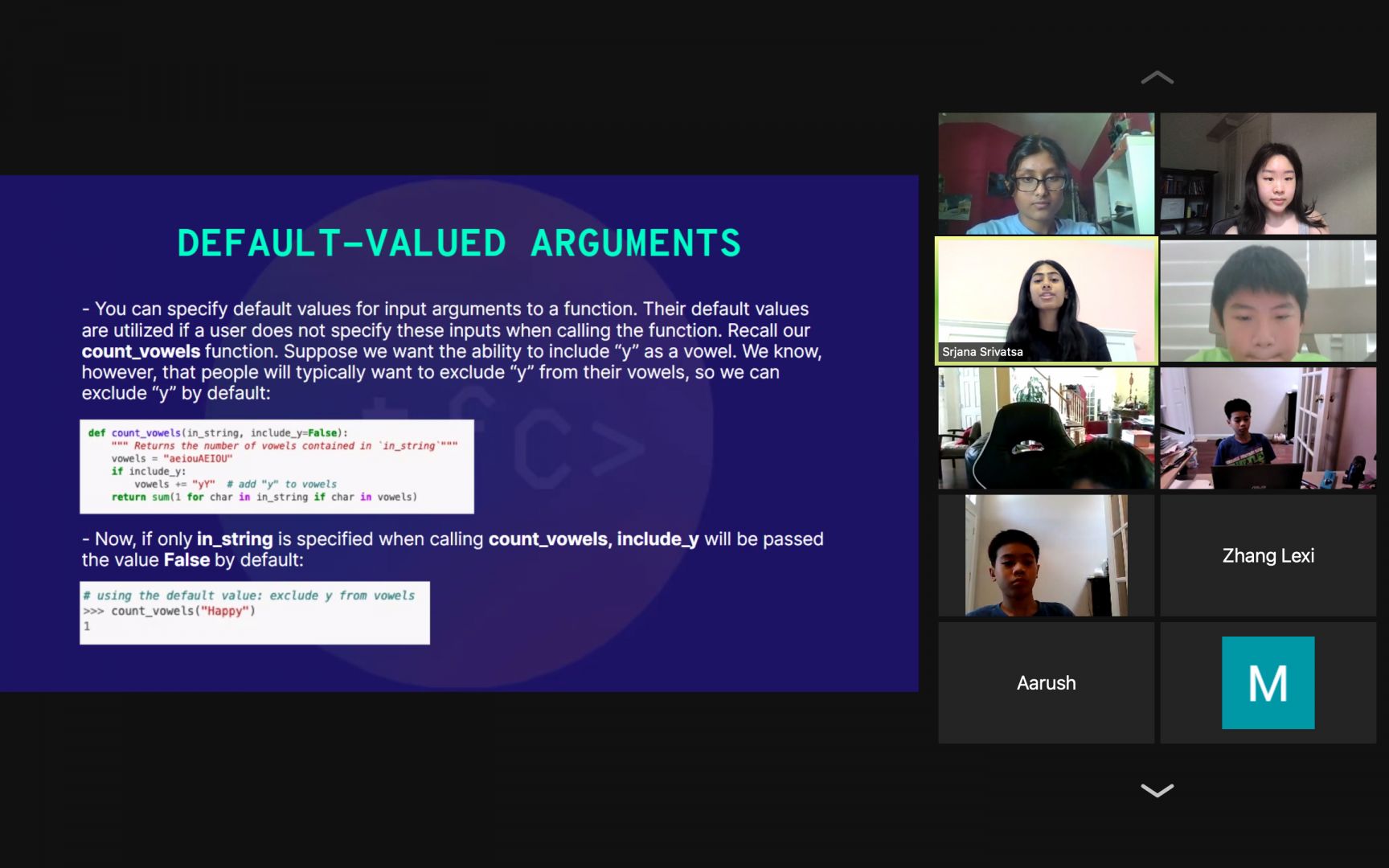
Website: https://thefutureofcode.wixsite.com/t-f-c
Instagram: https://www.instagram.com/thefutureofcode/
Linkedin: https://www.linkedin.com/company/thefutureofcode/
Facebook: https://m.facebook.com/TheFutureOfCodeTFC
Other: Email: thefutureofcode@gmail.com
Image Credits
All images taken by TFC team.
